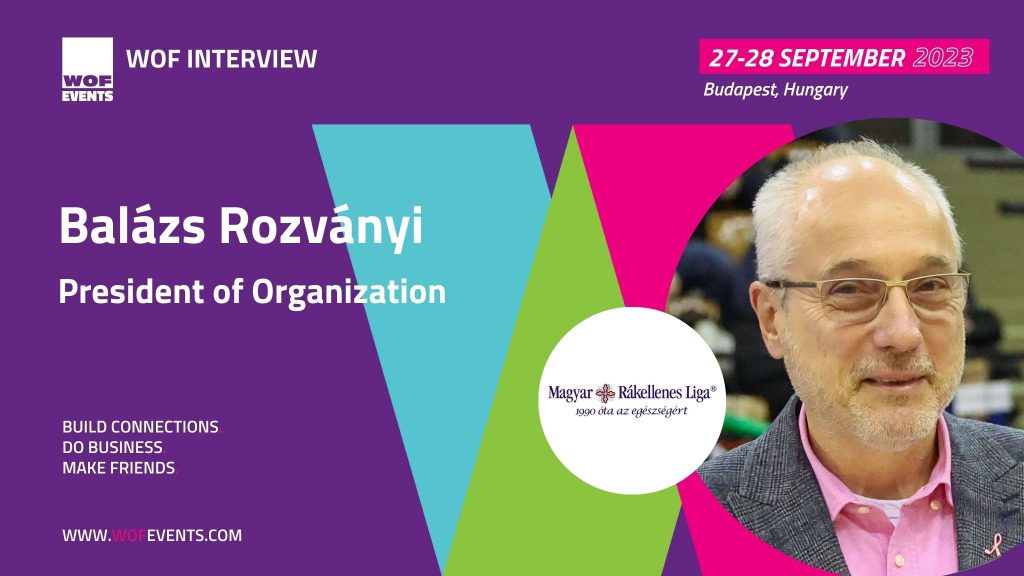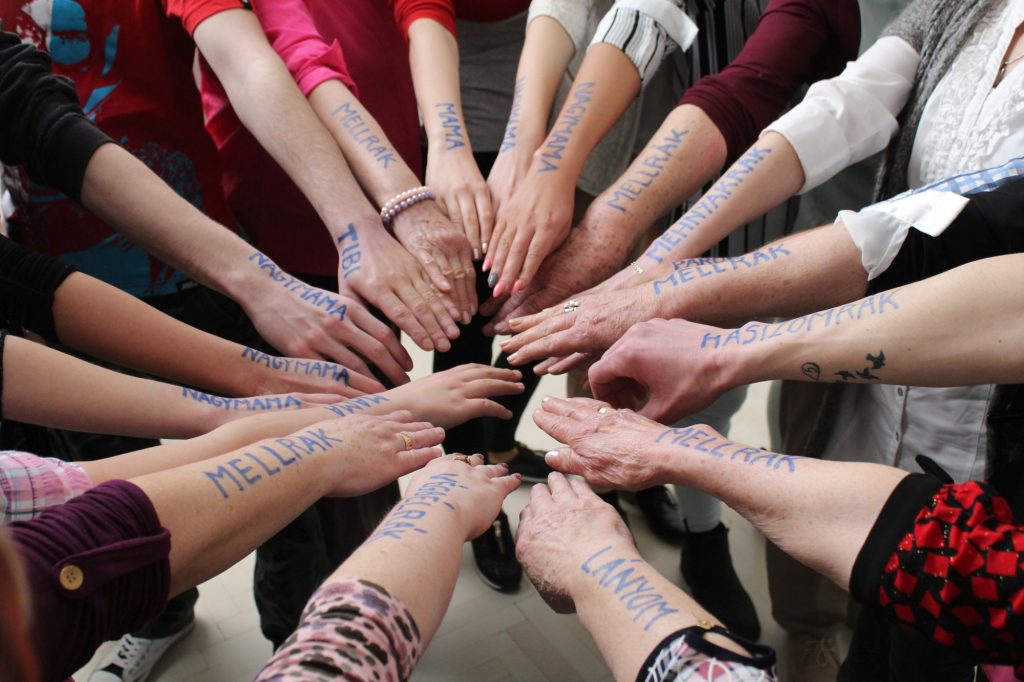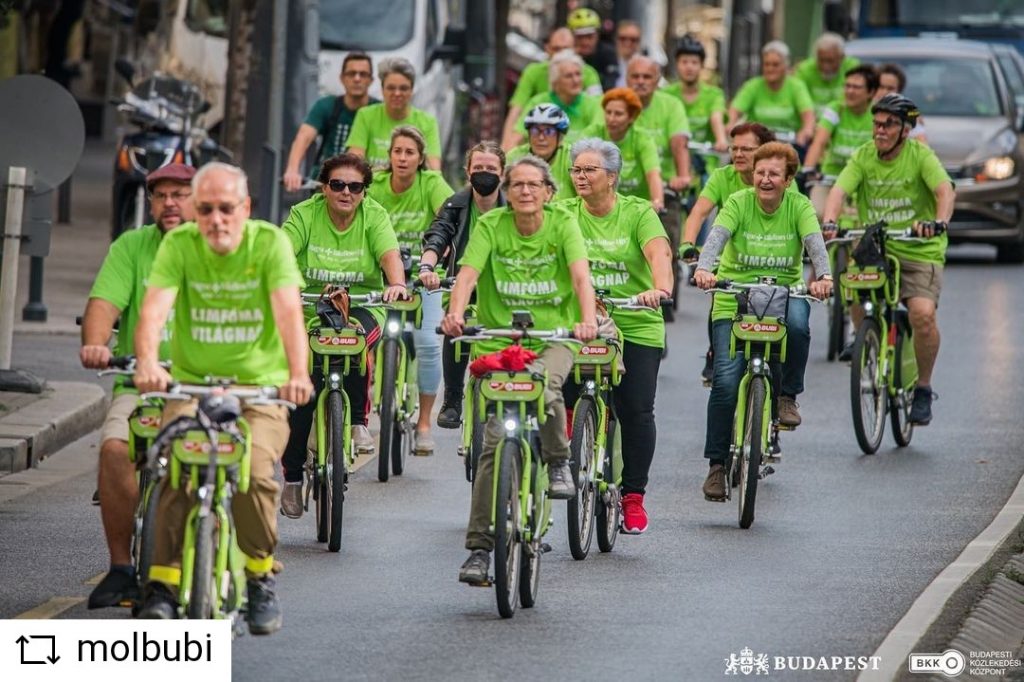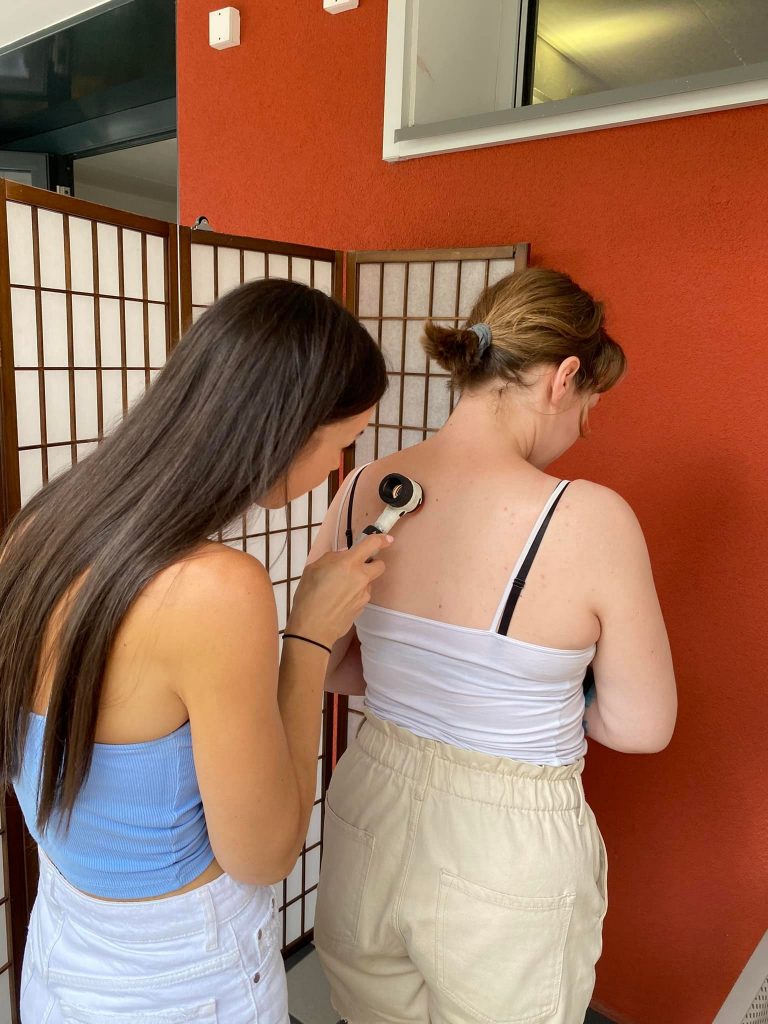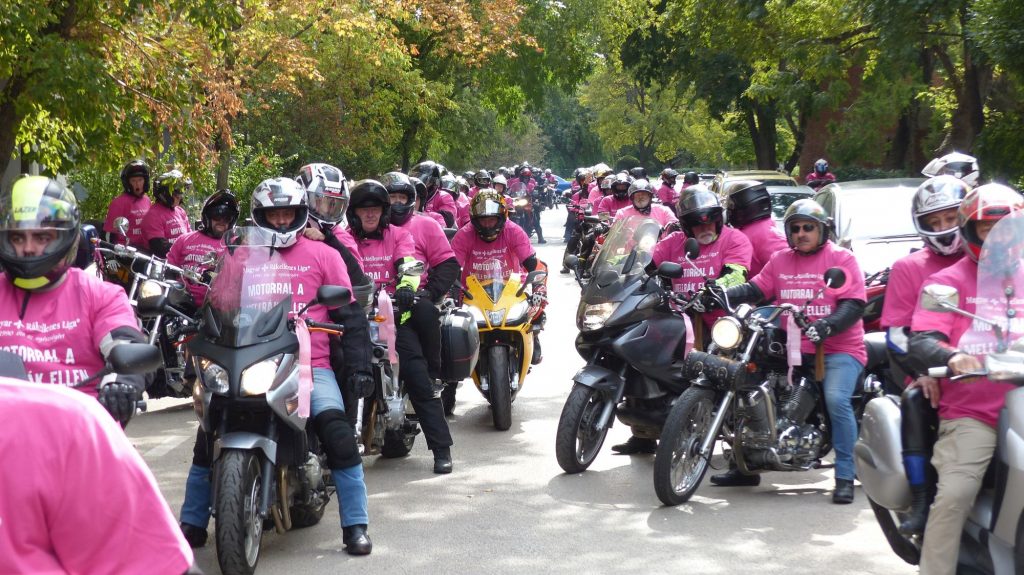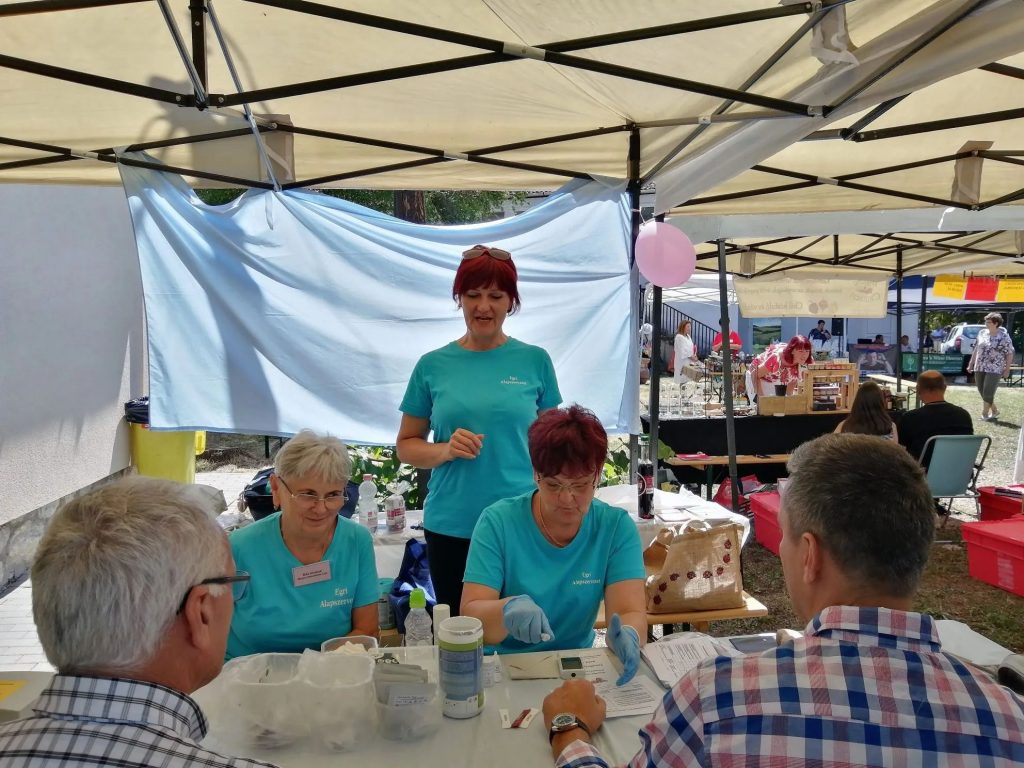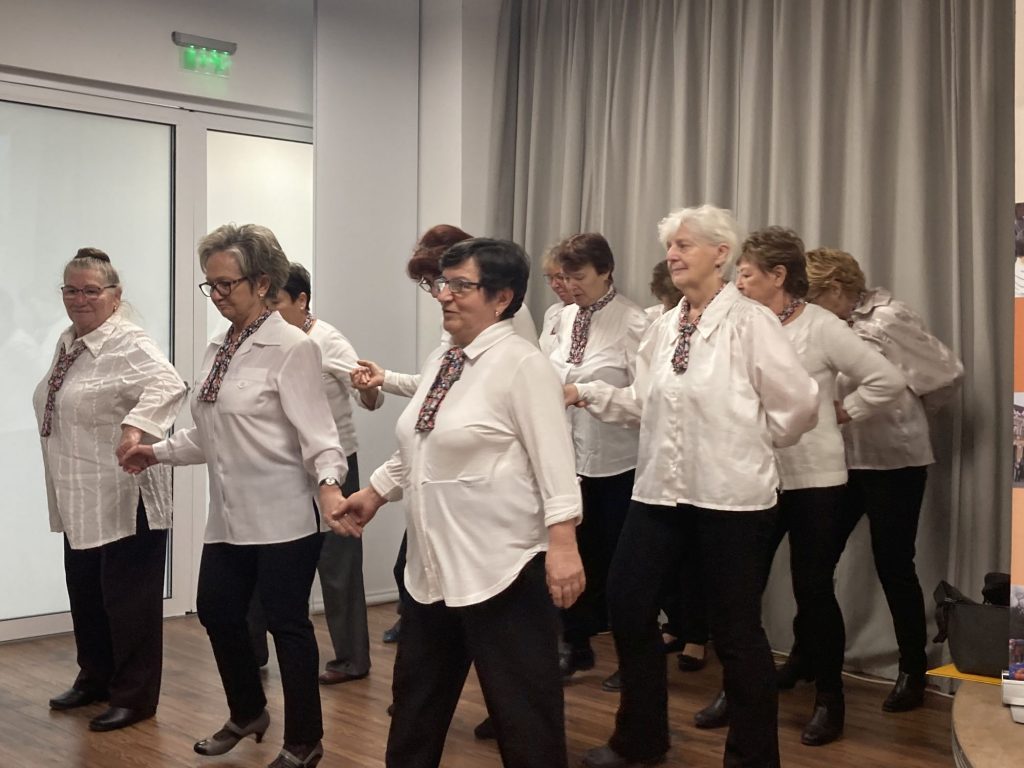INTERVIEW with Balázs Rozványi, President of the Hungarian League Against Cancer
Meet Balázs Rozványi, a cancer survivor, programmer, mathematician, registered chartered accountant and the President of the Hungarian League Against Cancer. Since 1993, Balázs has been the financial manager of the Hungarian League Against Cancer. His dedication led to becoming the League’s treasurer, and from 2009, he serves as the vice president for finance. In 2017, he was elected President, leading the organization through renewal and continuous operation.
What does the association do, why was it established, and when was the Hungarian National Cancer Awareness Day created?
- The Hungarian League Against Cancer was primarily founded to initiate programs for cancer prevention. Our main mission, apart from helping cancer patients, is promoting cancer prevention, healthy lifestyles, early detection, and rehabilitation. For thirty-three years, we have been working to raise awareness of the risks of cancer, promote healthy lifestyle, prevention, early detection, and rehabilitation. We have been celebrating the National Cancer Awareness Day since 1993, and as before the pandemic, this year, we organized a conference on April 10th. During the conference, the national experts in the field presented our Country Cancer Profile within Europe.
How does your organization emphasize cancer prevention and raise awareness about reducing cancer risks based on the European Cancer Code?
- To emphasize prevention, we are using the European Cancer Code to demonstrate how we can reduce the risk of cancer based on recent research. For example reducing or quitting smoking, ensuring good ventilation in our homes, controlling your weight, avoiding hormone-containing products and excessive sun exposure, getting regular physical activity, getting enough rest, and healthy diet. Additionally, breastfeeding also reduces the risk of breast cancer.
How do you promote the importance of regular screening tests and early detection through campaigns and educational materials?
- Screening tests are essential, and we organize dozens of them annually. Through campaigns and brochures, we aim to draw attention to characteristic symptoms or sets of symptoms that should prompt people to visit their doctors for further tests to rule out cancer.
What results have you achieved?
- We have 3,500 members nationwide, mostly volunteers. According to our rules, a minimum of twenty members is required to establish a local organization, and we now have 37 of them across in different parts of the country. The League employs ten paid staff members, six of whom work at central office in Budapest, and four in our support services in big cities. Our publications and campaigns are well-known. We also have rehabilitation groups for survivors or those in recovery, and we are proud that we now have nationwide movement therapy groups as well. We launched our “Endless Motion” Program in 2018, during which we cycled to visit our local organizations to set an example of the positive effects of physical activity.
Are all members, including you, personally affected or committed due to personal experiences?
- The majority of our members have either been cancer patients, survivors, or have family members who have been affected by the disease. I belong to the middle group. I recovered from cancer and undergo regular check-ups each year. Over forty years ago, in 1980, I was diagnosed with testicular cancer, and after my recovery, in 1993, I joined the association as an economic leader.
How is the organization financed?
- We sustain ourselves through 1% income tax contributions, government funding and donations.
What about statistics? Is the number of cancer cases increasing or decreasing?
- Unfortunately, the number of cases is increasing, which is why our work is becoming more crucial. Statistics show that following research-based advice on prevention and lifestyle changes can reduce the risk of cancer development by thirty percent.
How can we focus more on prevention?
- In Hungary, both 13-year-old girls and boys can receive the HPV vaccine, and its positive role has been documented in various countries. It is important that there are more and more screening tests that people go to, so that doctors can recognize diseases in time. These tests often detect precancerous conditions, making intervention much more effective. Our local organizations also carry out screenings such as PSA, oral cavity, and melanoma screenings. We have programs in kindergartens and schools because we believe that starting a lifestyle change as early as possible, especially during youth, makes adopting good habits easier. We often collaborate with other organizations, and the impact of working together is always more significant.
Health is a reflection of the soul, and today, more doctors (though perhaps in a narrower circle) share the opinion that certain diseases can be linked to psychological problems. What do you think about this, and does it apply to cancer?
- Besides lifestyle changes, emotional support is crucial, which cannot be measured, but is still very important. Mental balance also partly depends on the other factors we have outlined, such as physical activity. We strive to provide easily achievable and understandable advice. For example, the WHO recommendation includes five times a week brisk walking, running, and cycling for thirty minutes. I would add to this that sport done with fun and as a recreation is much more effective against cancer than, for example, forced walking. A positive outlook on life is of prime importance in cancer prevention and recovery.
What research results can you incorporate into your work, and how quickly do you get informed the latest results?
- More and more research is producing usable results, and we aim to communicate these findings to our members through presentations and lectures. As a small organization in Hungary, we lack the research capacities compared to our Western European partner organizations, but we have doctors among us in supportive capacity. When it is possible, we support these research initiatives.

